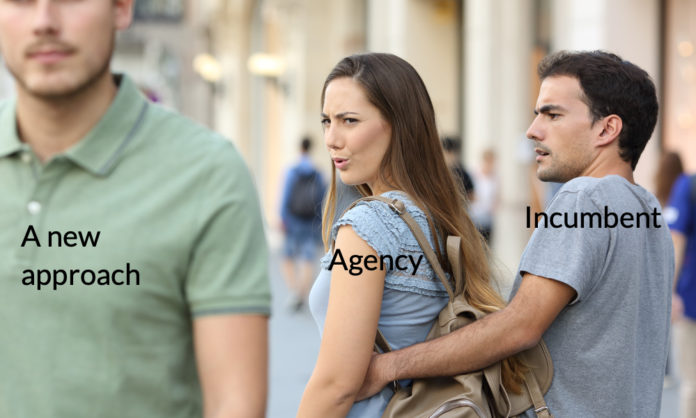Protest challenging agency’s technical and past performance evaluations is denied. The protester argued that due to its status as the incumbent, it should have been rated higher than the awardee under the solicitation’s technical factor. GAO, however, reasoned that the protester’s status as incumbent did not provide significant benefits. To the extent incumbency provided a benefit, the agency reasonably determined that benefit would diminish over time. The protester also argued that its past performance as the incumbent was of greater relevance than the awardee’s non-incumbent performance. GAO found this argument was based on speculation about the awardee’s past performance.
The Defense Threat Reduction Agency (DTRA) issued an RFP to contractors holding GSA’s One Acquisition Solution for Integrated Services multiple-award contracts. The solicitation contemplated award of a task order to support the DTRA’s cooperative threat reduction program.
DTRA received proposals from the incumbent, Booz Allen Hamilton (BAH), and Noblis, Inc. DTRA determined that both companies submitted highly rated proposals. But the agency determined that Noblis’s proposal offered greater value under the most important technical factor. While BAH’s proposal had strengths, DTRA concluded that those strengths were rooted in incumbency and thus would diminish over time. Following award to Noblis, BAH protested.
BAH objected to the evaluation of offerors’ staffing approaches. The solicitation stated that proposals would be evaluated based on the extent to which they demonstrated the ability to fill positions with current employees. BAH claimed that it had proposed to fill the positions with a greater percentage of current employees than Noblis, but BAH had only received a good rating under the staffing factor while Noblis received an outstanding rating.
GAO did not find BAH’s argument persuasive. The agency had given BAH’s proposal credit for proposing to begin performance with a large percentage of current employees. But BAH had also proposed to “leverage natural attrition” to shift a significant portion of its workforce to subcontractors during option years. What’s more, BAH provided little information on its subcontractors’ recruitment and retention policies. DTRA reasonably rated BAH’s proposal lower than Noblis’s on the staffing subfactor.
BAH also complained that DTRA failed properly evaluate its transition plan, its existing facility, and, given the company’s incumbent status, its experience and expertise. GAO rejected all of these arguments. The agency reasonably concluded that the value of BAH’s transition plan was limited. Also, DTRA properly recognized that the benefits of BAH’s current facility were not as great as BAH perceived them to be. Moreover, as to BAH’s experience, the agency reasonably recognized that the value of that experience would diminish over time.
BAH asserted that it was unreasonable for DTRA to assign the highest possible rating to both offerors under the past performance factor. BAH argued that its performance as the incumbent was of greater relevance than Noblis’s non-incumbent performance. But GAO found that the this argument was rooted in the assumption that DTRA was precluded from evaluating a non-incumbent’s performance as superior to BAH’s. But this assumption was based on speculation. GAO concluded that this argument failed to state a valid basis of protest.
Lastly, BAH argued that DTRA should have increased Noblis’ proposed costs to include the costs that BAH incurred while transitioning out of the incumbent contract. GAO noted that nothing in the solicitation provided for adding the costs incurred by an incumbent to under the predecessor contract to a non-incumbent’s costs.
BAH is represented by Kara M. Sacilotto, Cara L. Lasley, Lindy C. Bathurst, and Nicole E. Giles of Wiley Rein LLP. The intervenor, Noblis, is represented by J. Scott Hommer, III, Rebecca E. Pearson, Christopher G. Griesedieck, Krista A. Nunez, Taylor A. Hillman, and Caleb E. McCallum of the Venable LLP. The agency is represented by Joseph V. Fratarcangeli of the Defense Threat Reduction Agency. GAO attorneys Glenn G. Wolcott and Christina Sklarew participated in the preparation of the decision.





